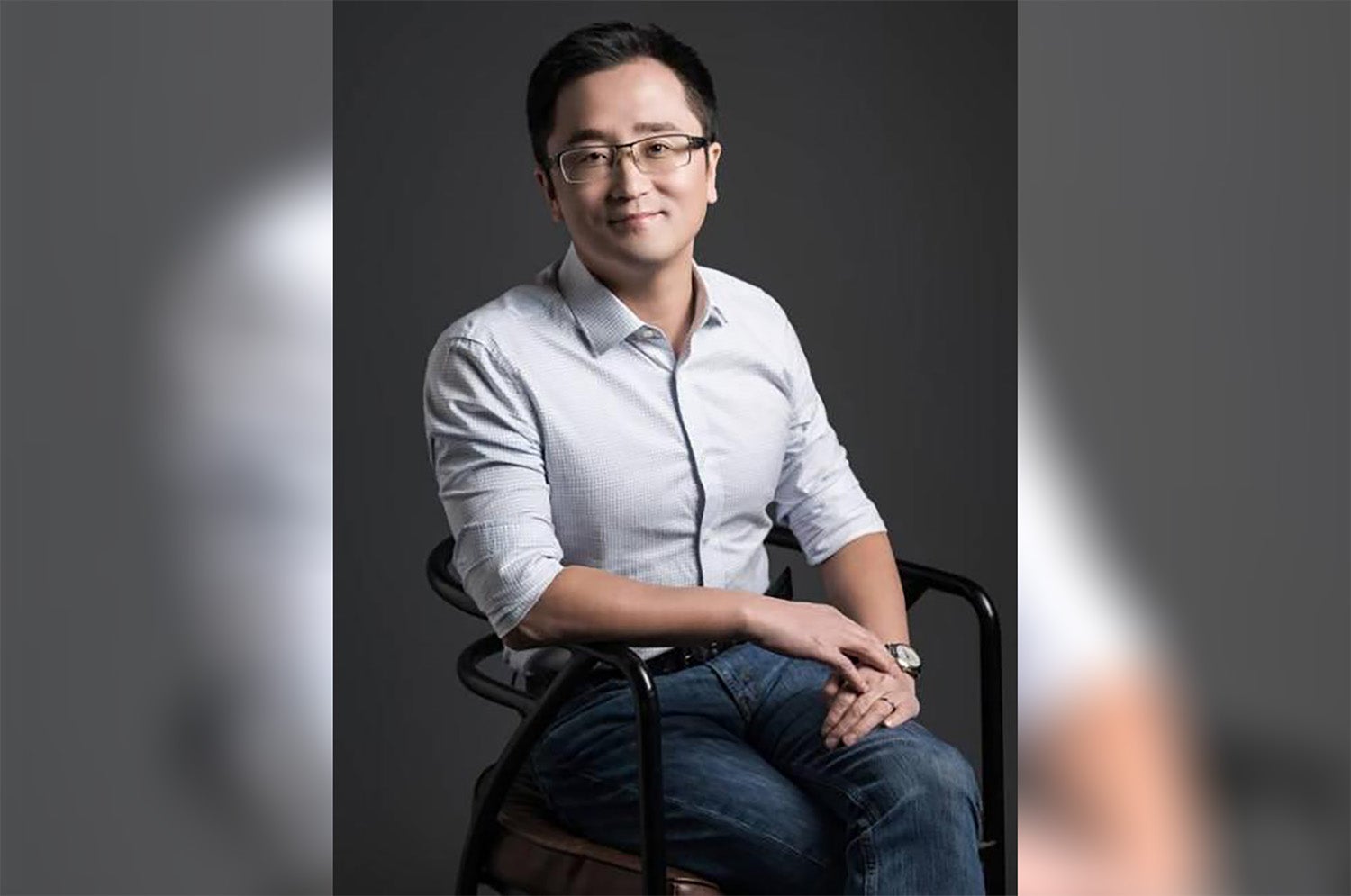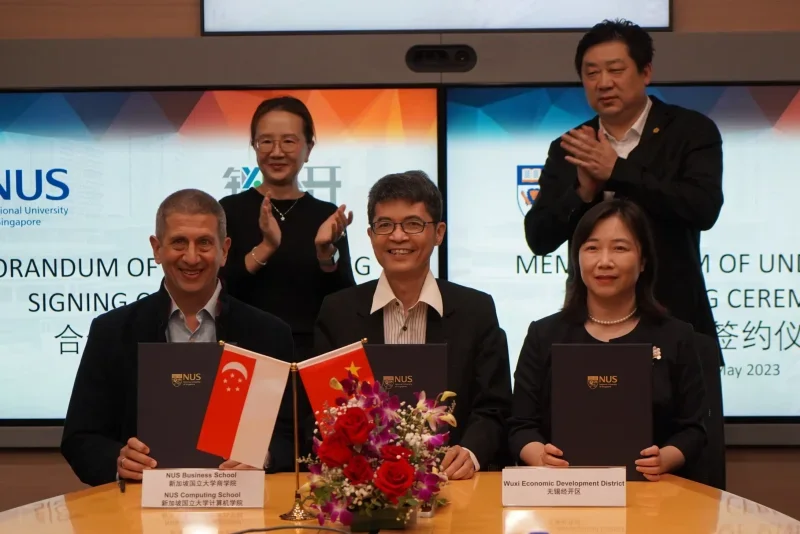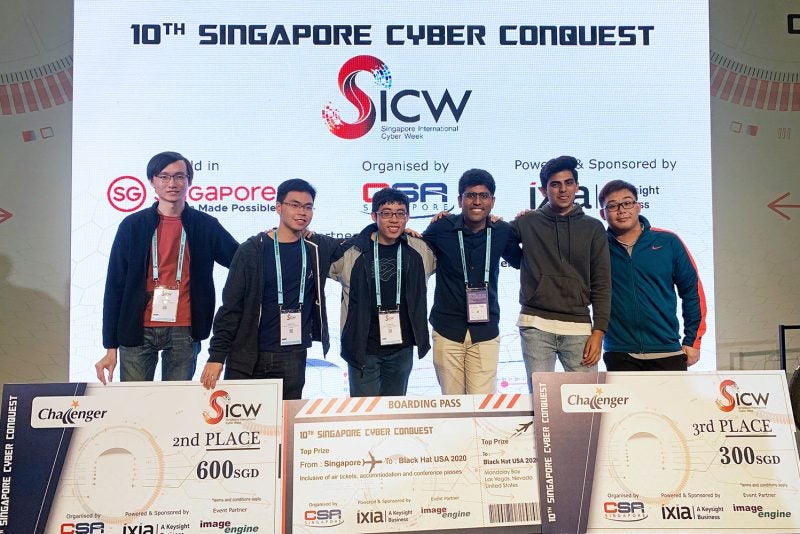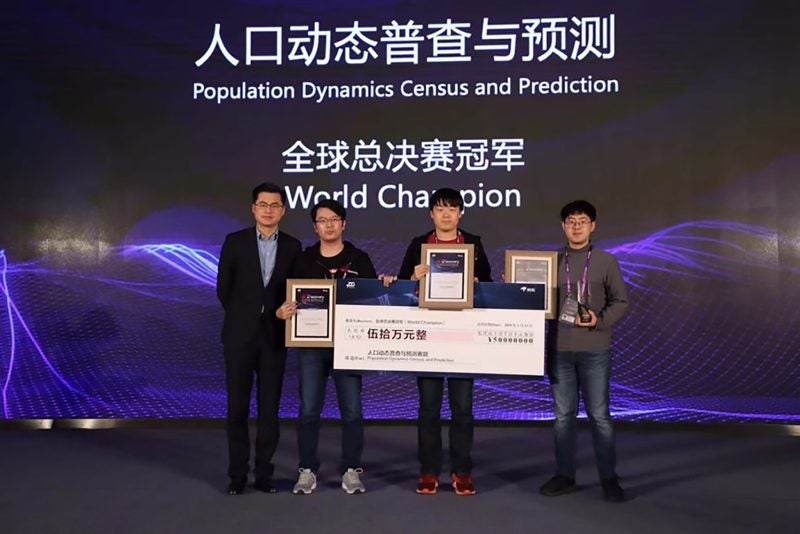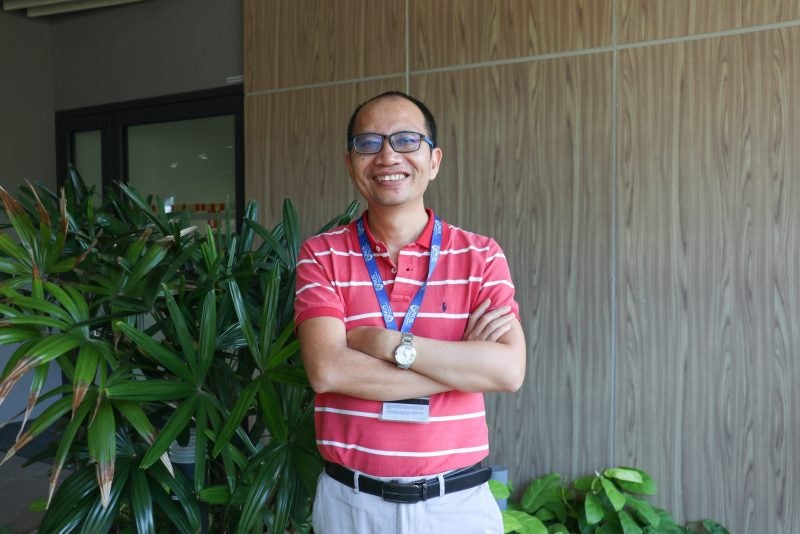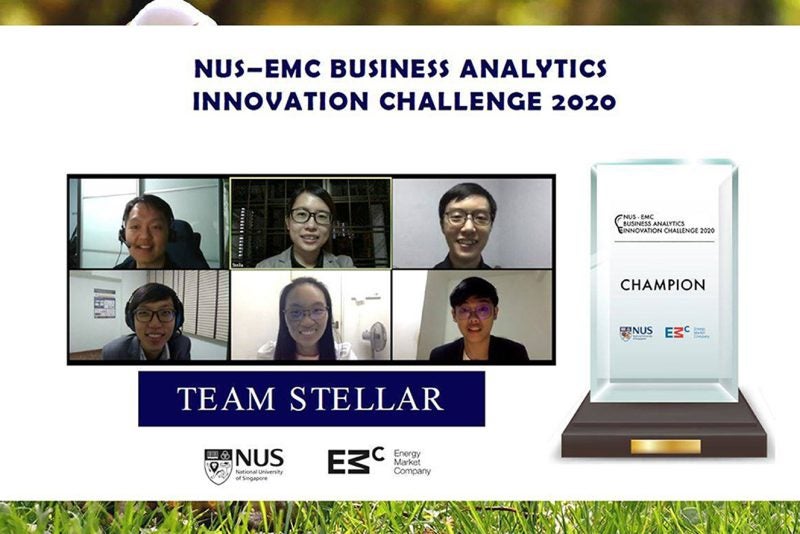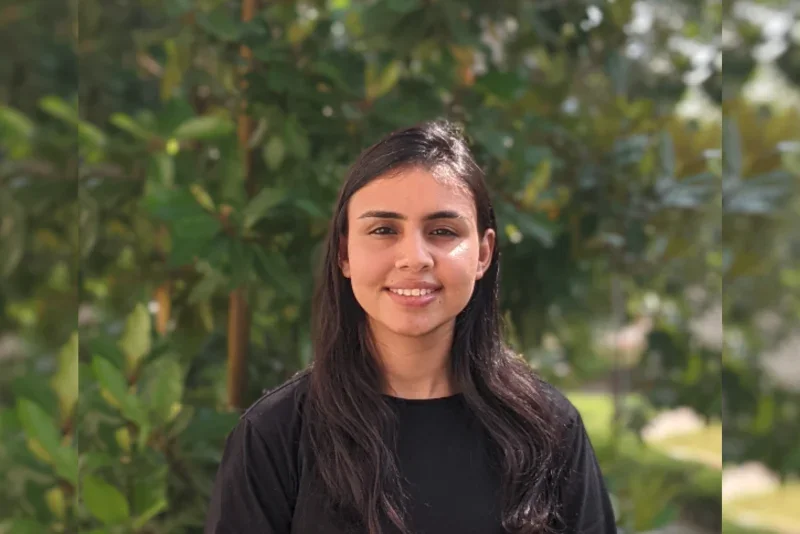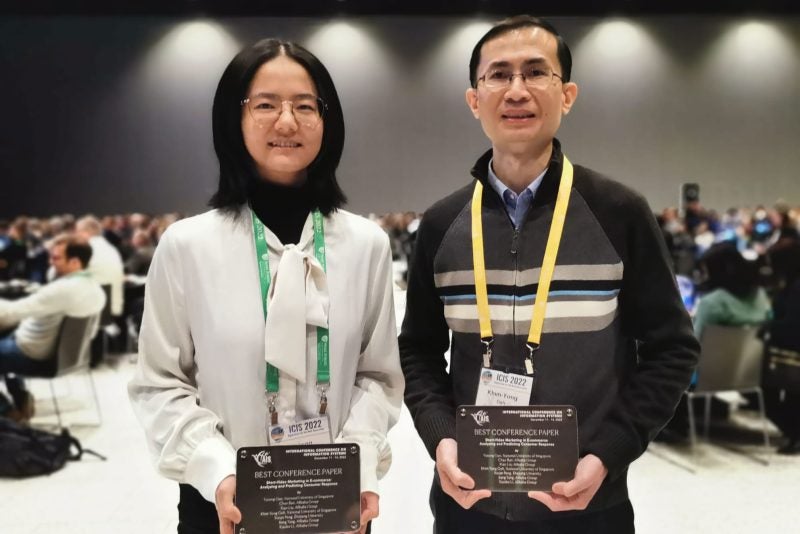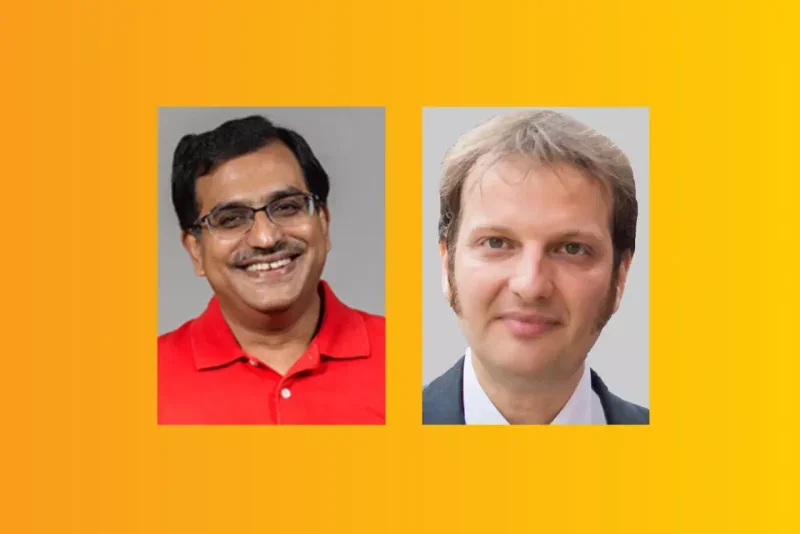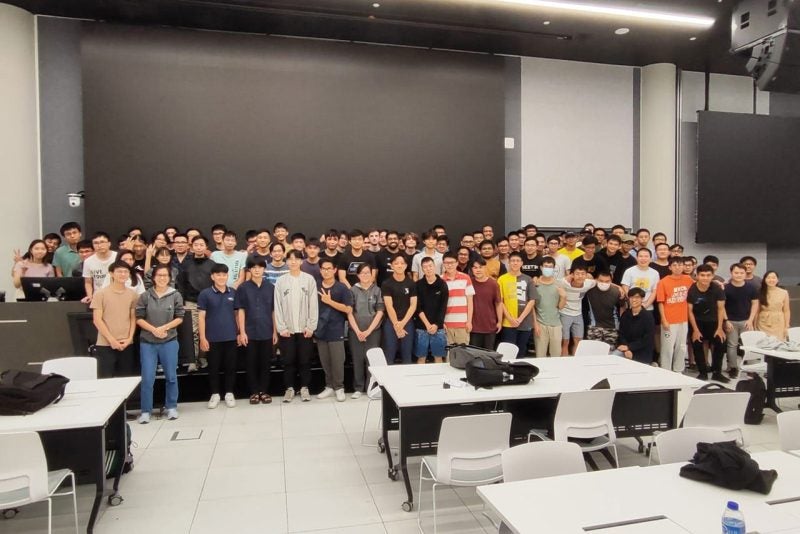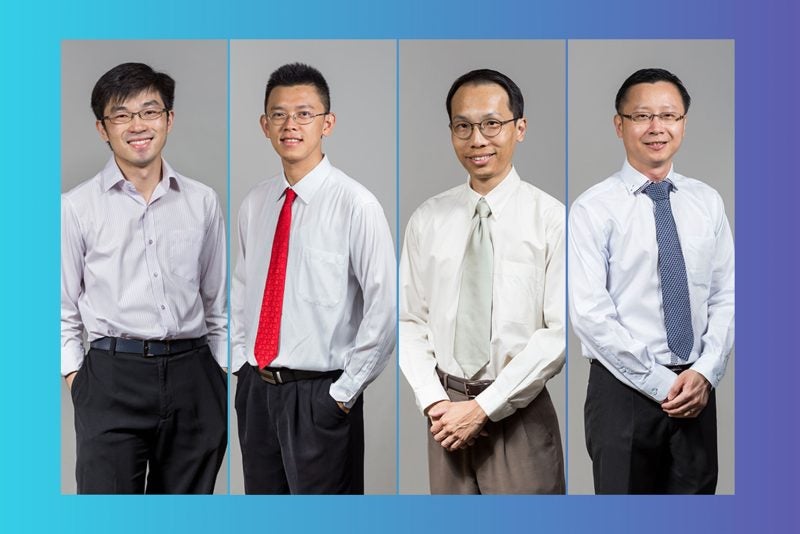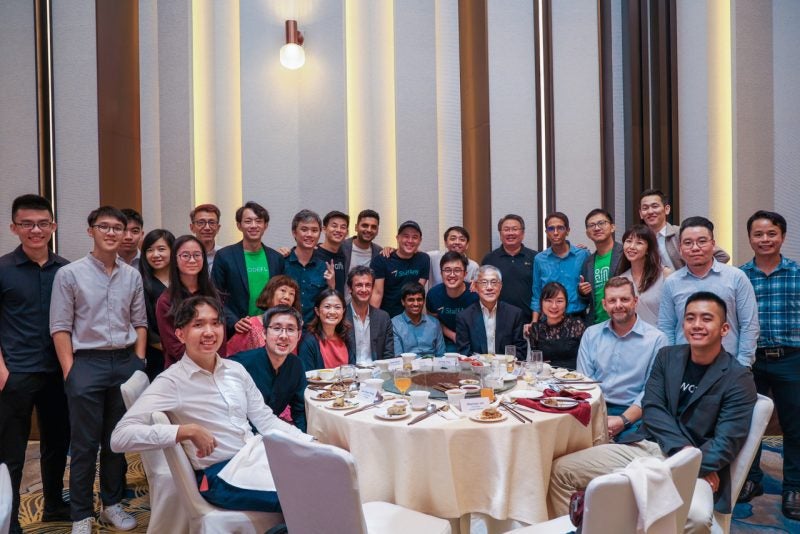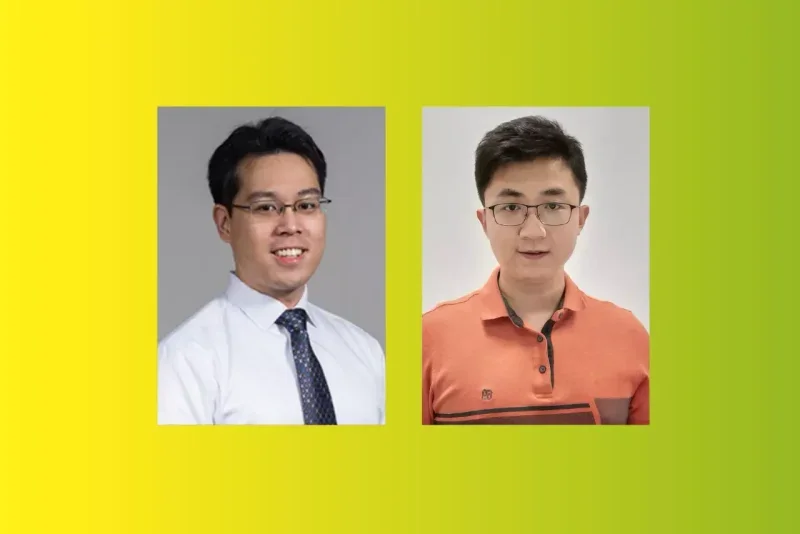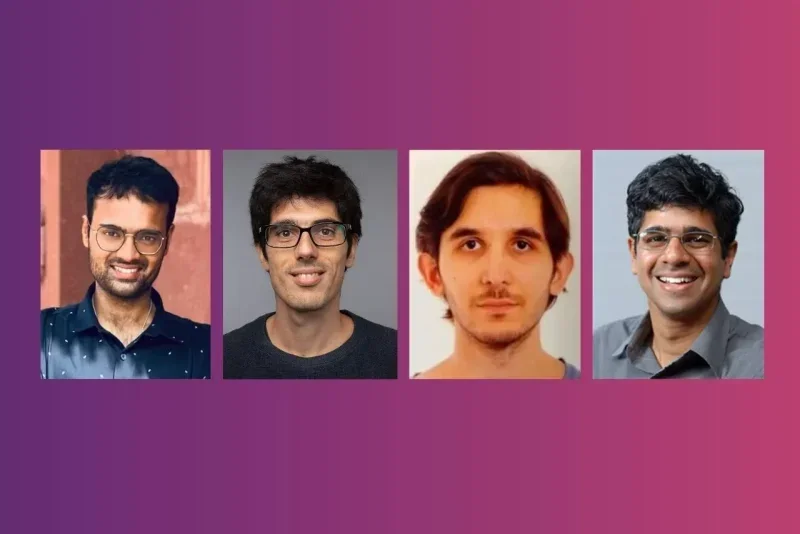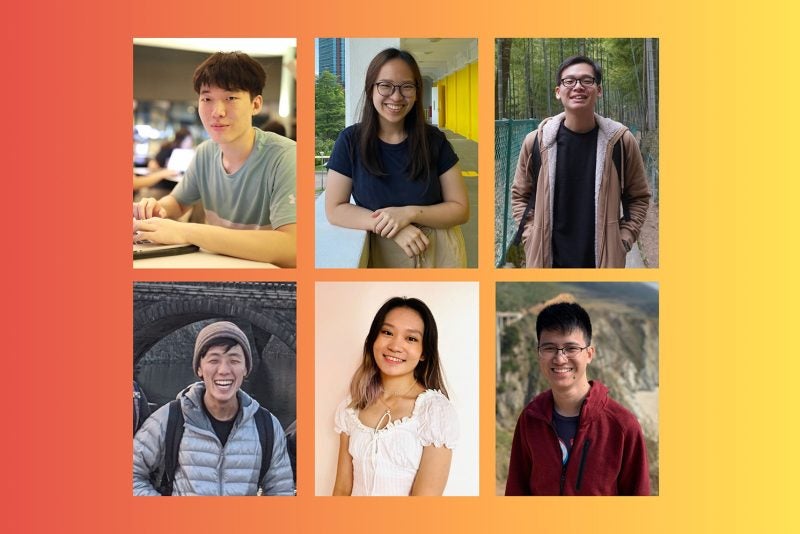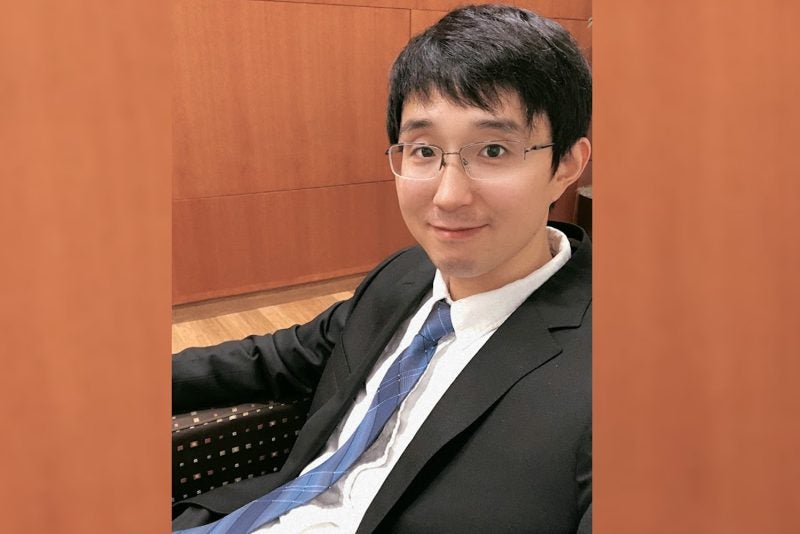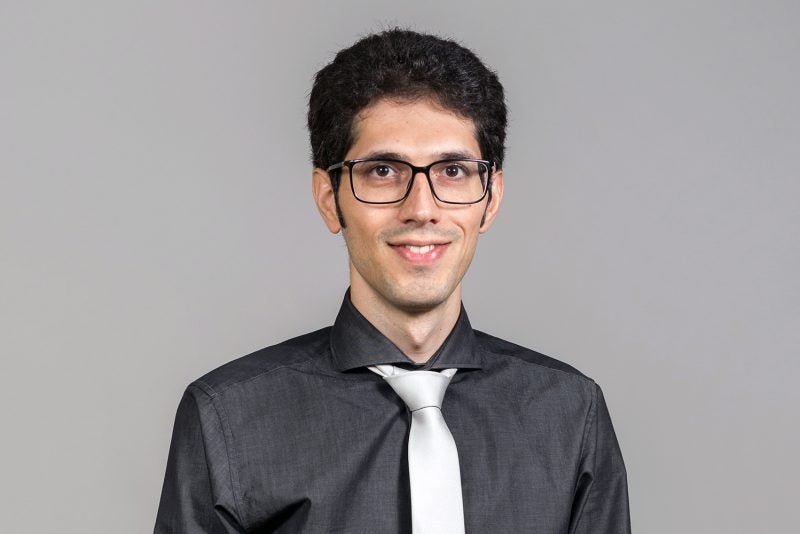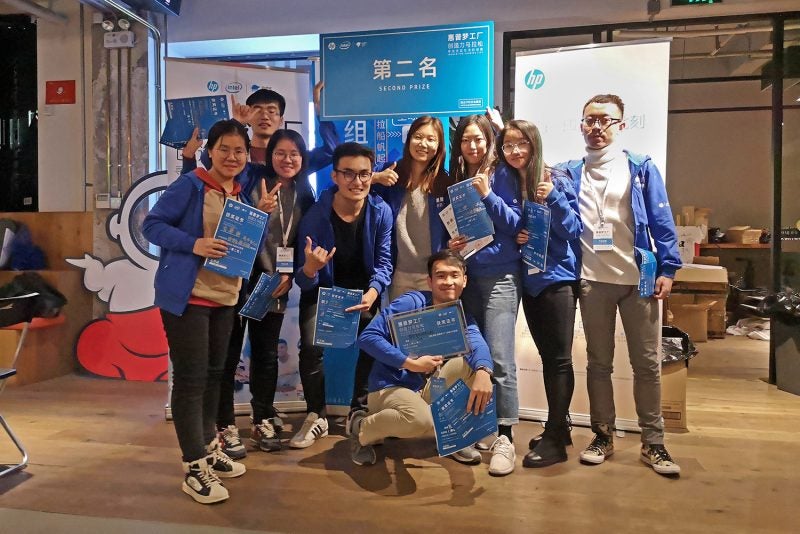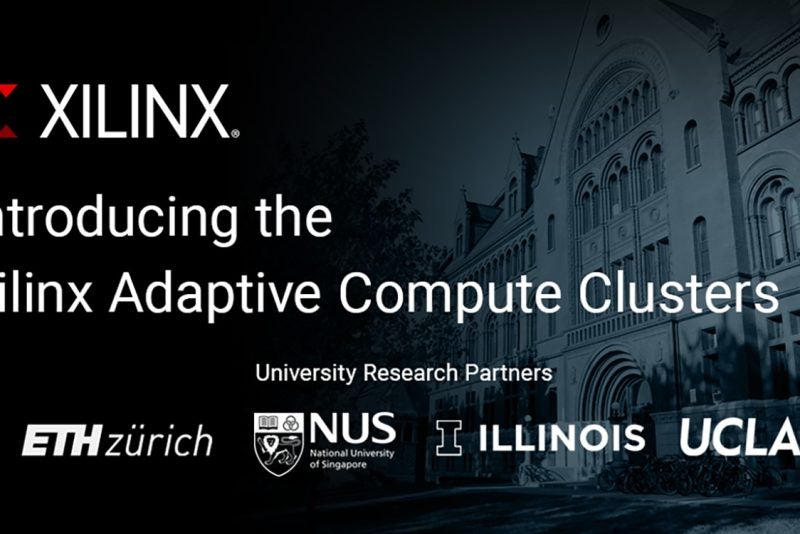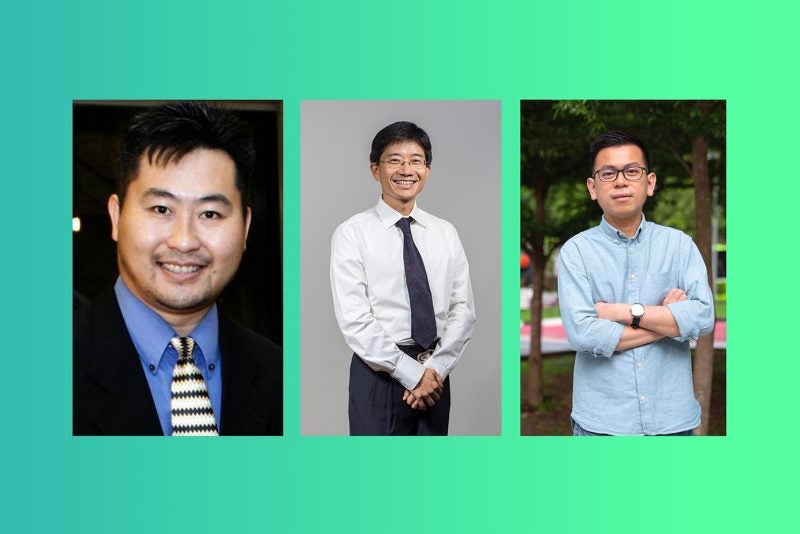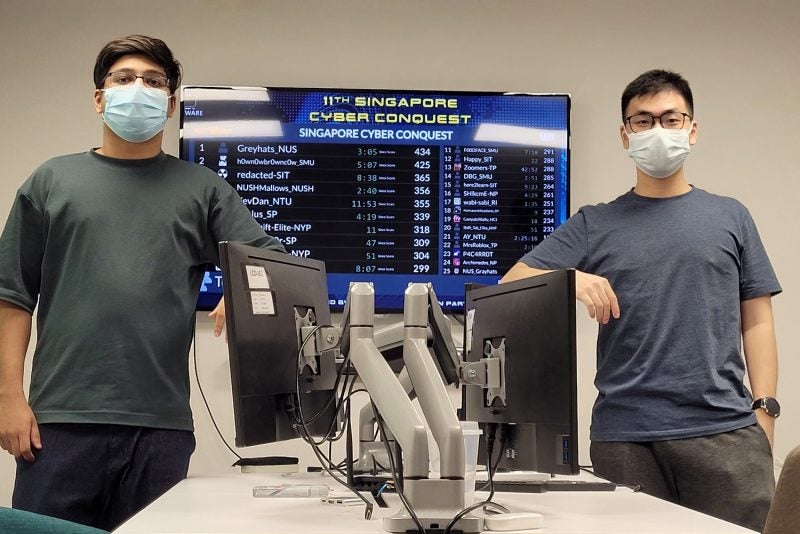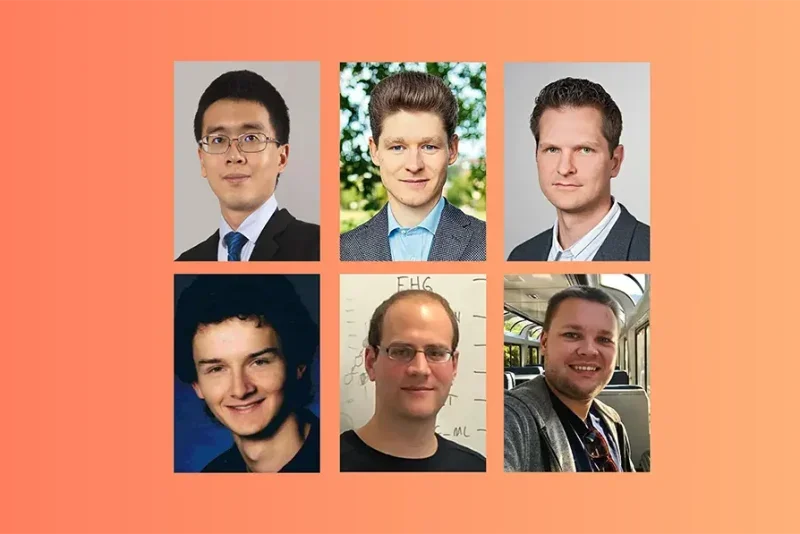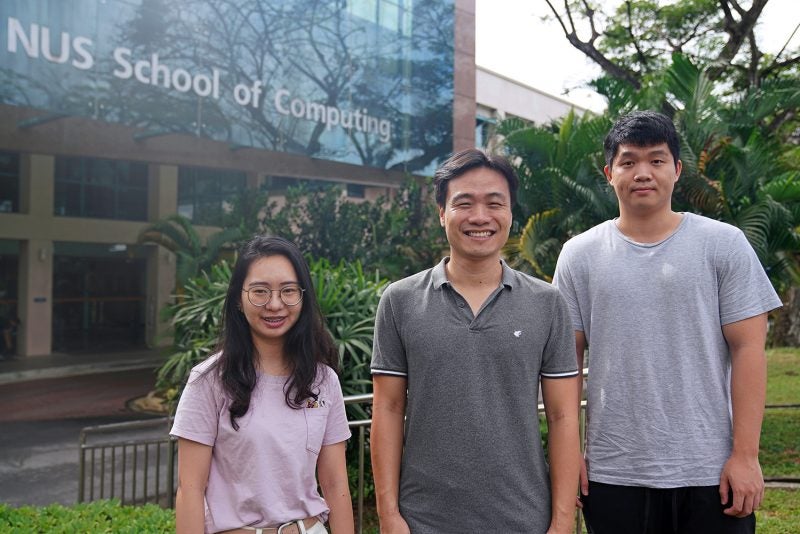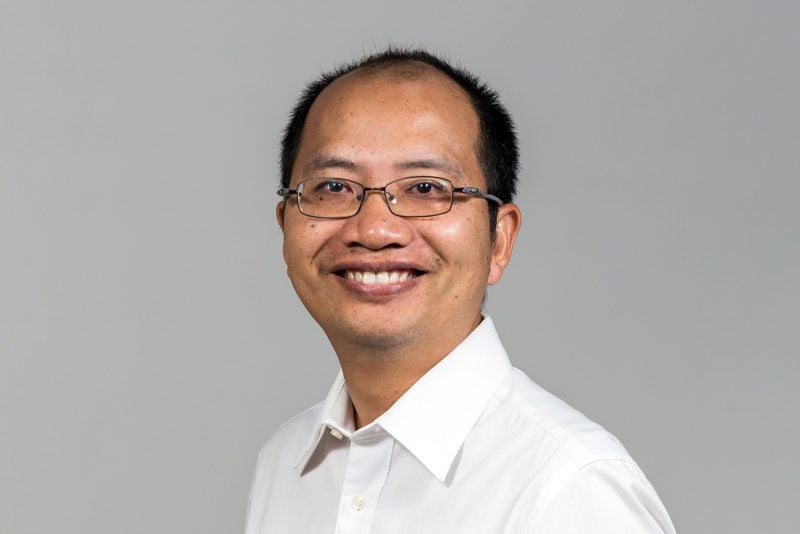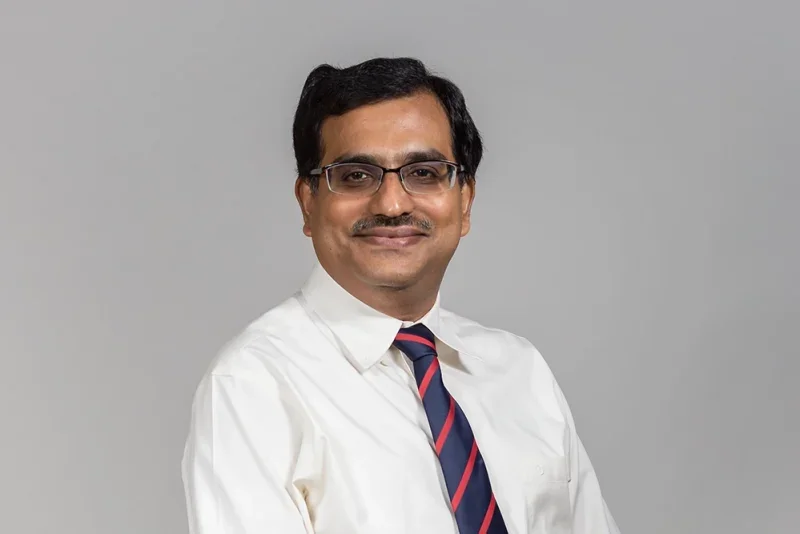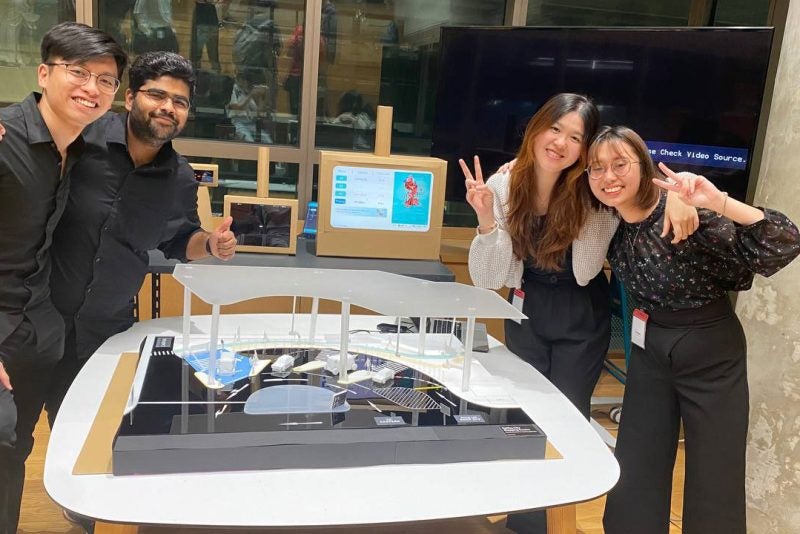5 April 2021 – Professor Shen Heng Tao, an NUS Computing undergraduate and postgraduate alumnus (Class of 2000 and Class of 2004 respectively), was named a Fellow of the Association for Computing Machinery (ACM) early this year.
Prof Shen, who is the Dean of the School of Computer Science and Engineering at the University of Electronic Science and Technology of China (UESTC), was one of the 95 ACM members named fellows for the prestigious programme this year.
The ACM Fellows programme recognises the top 1% of ACM Members for their outstanding accomplishments in areas such as computing and information technology, and/or members who have contributed outstanding service to ACM and the larger computing community. Fellows are nominated by their peers, and selected by a distinguished selection committee.
The list of selected Fellows was announced on 13 January 2021, and features Fellows from universities all over the world. Prof Shen was recognised by ACM for his contributions to large-scale multimedia content understanding, indexing and retrieval.
“This is the most important recognition for my research contributions over the last 20 years. It represents the international standing of my work in the field, and I feel truly honoured to receive this fellowship,” he said.
Prof Shen’s research includes contributions made to hashing big multimedia data, from basic hashing theory (computational complexity, robustness, optimization), to algorithms (learning algorithms, deep neural networks quantization, search algorithms) and applications (multimedia retrieval, image classification, object recognition). Hashing, in this context, is the act of transforming a high-dimensional feature vector into a shorter binary code, which is then used to index and retrieve items in a database quickly.
His work has won him eight Best Paper Awards, including at three conferences in 2017 – the ACM International Conference on Multimedia (ACM Multimedia), the ACM SIGIR Conference on Research and Development in Information Retrieval (ACM SIGIR), and the IEEE International Conference on Multimedia and Expo (IEEE ICME) – as well as the IEEE Transactions on Multimedia in 2020.
In 2000, he was one of the earliest researchers to study the problem of large-scale image retrieval for images embedded in HTML documents on the World Wide Web (WWW). In his paper, Prof Shen proposed a novel image semantic representation model for effective retrieval of images by online image search engines.
His interest in system development and technology transfer led him to develop four multimedia systems: the WWW image retrieval system, a near-duplicate video detection system, an event video mashup system, and an intelligent video analysis system.
Prof Shen is also looking at ways to develop AI operating systems and public platforms to empower smart city applications and digital transformation in industries.
Prof Shen cites his education at NUS Computing as something that “changed the course” of his life.
“I made the decision to study computer science in NUS because I felt that it was a core technology discipline that would enable the future development of our economy and life,” he explained.
“The publication of my first paper, as an undergraduate, at the ACM Multimedia in 2000 gave me the confidence to conduct world-class research. This motivated me to continue my research as a PhD student,” he said. “My time at NUS Computing set a solid foundation for my academic career.”
Prof Shen was supervised by NUS Computing professor Ooi Beng Chin for his PhD thesis and undergraduate thesis. He credits Prof Ooi for being a mentor to him, both professionally and personally.
Prof Shen also fondly remembers his time at NUS Computing, such as receiving his Bachelor’s degree and PhD’s degree at the University Cultural Centre (UCC), and playing snooker with his colleagues at the staff club.
When asked what advice he had for young, aspiring researchers, Prof Shen encouraged them to identify their interests and to follow them.
“Research does not live without creativity, and creativity does not arrive without passion. To me, passion in research is the key to make achievements along research journey,” he said.
View the full list of ACM Fellows for 2020.

